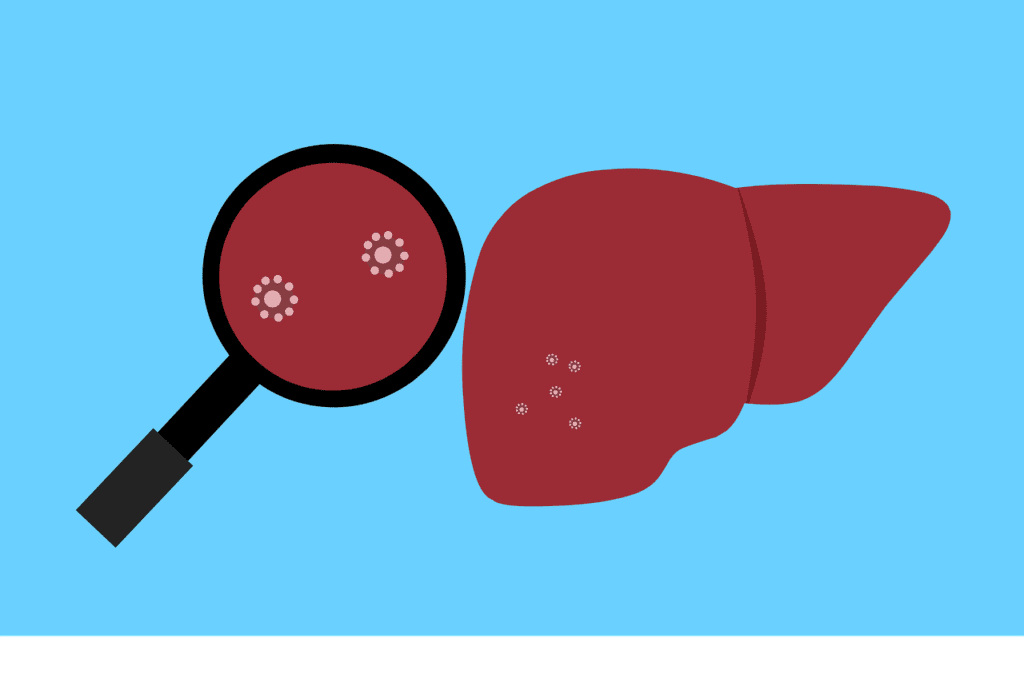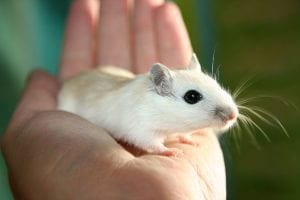Have you ever had an itch that you just can’t seem to scratch? Intensely itchy skin, also known as pruritus, is a hallmark characteristic of many conditions that affect the liver. Of course, this itchiness can sometimes be debilitating, distracting, and just plain hard to deal with. If the itching gets too intense, it may also disrupt sleep. In people with Alagille syndrome, the cholestatic pruritus is caused by a buildup of bilirubin in the body.
According to an article in Healio, the U.S. Food and Drug Administration (FDA) recently approved Bylvay, developed by Ipsen (which was recently acquired by Albireo Pharmaceuticals), for the treatment of cholestatic pruritus in children with Alagille syndrome who are 1+ years old. Bylvay is a potent, non-systemic ileal bile acid transport inhibitor. Outside of Alagille syndrome, Bylvay was also the first non-surgical FDA-approved treatment option for itching associated with progressive familial intrahepatic cholestasis (PFIC). Learn more about Bylvay.
The approval hinged, in part, on data from the Phase 3 ASSERT clinical trial. All participants were under 18 years old. During the trial, participants received 120mg/kg each day over a 24-week period. Researchers wanted to assess how safe the treatment was. Of course, another important endpoint is how much Bylvay reduced pruritus and whether it was effective in limiting symptoms. The study found that Bylvay not only quickly reduced itchiness, but that a majority of patients responded well to treatment. Only 10% did not see a treatment response. Bile acid, which can lead to itching if it builds up, was also reduced, and patients reported that they slept better after taking the treatment. Side effects included unintentional weight loss, diarrhea, hematomas, and abdominal pain. But the side effects were not bad enough for patients to stop using the drug.
Understanding Alagille Syndrome
Alagille syndrome is a rare genetic disorder that can affect multiple organ systems, such as the kidneys, liver, heart, eyes, and skeleton. JAG1 or NOTCH2 gene mutations cause this disorder. In about half of all cases, these mutations are inherited in an autosomal dominant pattern (requiring only 1 inherited mutation). These mutations can, in other cases, occur spontaneously. The presentation of Alagille syndrome can vary significantly. Because of that, someone with Alagille syndrome may have some of the symptoms we list below, but not all of them. Make sure to speak with your doctor and come up with a personalized treatment plan.
Symptoms often appear within the first three months of life. These symptoms may include:
- Jaundice (yellowing of the skin, eyes, and mucous membranes)
- Cholestasis (bile flow blockage from the liver)
- Loose, pale stools and dark urine
- Deeply-set and widely spaced eyes, a pointed chin, and a broad forehead
- Failure to thrive
- Cholestatic pruritus
- Xanthomas (fatty lumps under the skin)
- Poor weight gain
- Progressive retinal degeneration
- Congenital heart defects
- Reduced number of bile ducts
- Heart murmurs
- Liver disease
In the past, treatment has been largely focused in reducing symptoms: antihistamines, surgery, liver transplantation, vitamin supplementation, ursodeoxycholic acid. Now, with Bylvay’s approval, people with Alagille syndrome have another option for controlling their itch.






